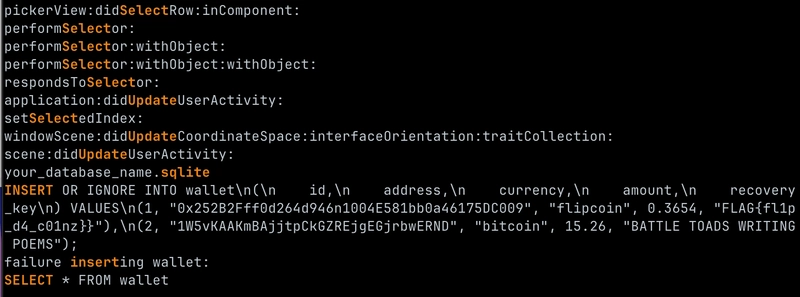Before we write any code, we need a place to work.
Think of this like setting up your workshop before you build a robot.
Let’s organize our tools and build the simplest thing we can:
a script that says "Hello, Hacker!"
🧰 What are we building?
We’re creating a Ruby project with:
- 🗂️ Folders to keep things organized
- 🔁 Logic we can reuse later
- 🖥️ Scripts we can run from the terminal
🧃 Think of this like a kitchen:
You’ll have drawers (code) and buttons (scripts) that do things.
📦 Project Structure
ruby/
└── Chapter 01 – Setting Up a Ruby Environment/
├── bin/
│ └── hello_world.rb
└── lib/
└── hacking/
└── core.rb💻 Installing Ruby
Choose the method for your OS:
✅ Option 1 – Using rbenv (Linux/macOS)
sudo apt update && sudo apt install -y git curl build-essential libssl-dev libreadline-dev zlib1g-dev
git clone https://github.com/rbenv/rbenv.git ~/.rbenv
cd ~/.rbenv && src/configure && make -C src
echo 'export PATH="$HOME/.rbenv/bin:$PATH"' >> ~/.bashrc
echo 'eval "$(rbenv init - bash)"' >> ~/.bashrc
source ~/.bashrc
git clone https://github.com/rbenv/ruby-build.git ~/.rbenv/plugins/ruby-build
rbenv install 3.3.5
rbenv global 3.3.5
ruby -v
✅ Option 2 – Using rvm (macOS or Linux)
sudo apt install curl gpg
curl -sSL https://rvm.io/mpapis.asc | gpg --import -
\curl -sSL https://get.rvm.io | bash -s stable --ruby
source ~/.rvm/scripts/rvm
rvm install 3.3.5
rvm use 3.3.5 --default
ruby -v✅ Option 3 – Windows (RubyInstaller)
- Download from https://rubyinstaller.org
- Run installer (check "add to PATH")
- Open PowerShell or CMD:
ruby -v📄 lib/hacking/core.rb
module Hacking
module Core
def self.greet
"Hello, Hacker! Ready to break things? 💥"
end
end
end📄 bin/hello_world.rb
#!/usr/bin/env ruby
# frozen_string_literal: true
require_relative '../lib/hacking/core'
puts Hacking::Core.greet▶️ Run it!
cd ruby/Chapter\ 01\ –\ Setting\ Up\ a\ Ruby\ Environment
ruby bin/hello_world.rb✅ Output:
Hello, Hacker! Ready to break things? 💥🧠 Final Recap
| Concept | What it means |
|---|---|
rbenv / rvm / RubyInstaller |
Install Ruby safely |
bin/ |
Where your scripts live |
lib/ |
Where your logic lives |
module |
Group of code |
self.method |
Call a method directly |
require_relative |
Load local file |
puts |
Print message |
✅ You now have:
- Ruby installed (on any OS)
- A clean project structure
- Your first script up and running
- The foundation for your Ruby offensive tools!
